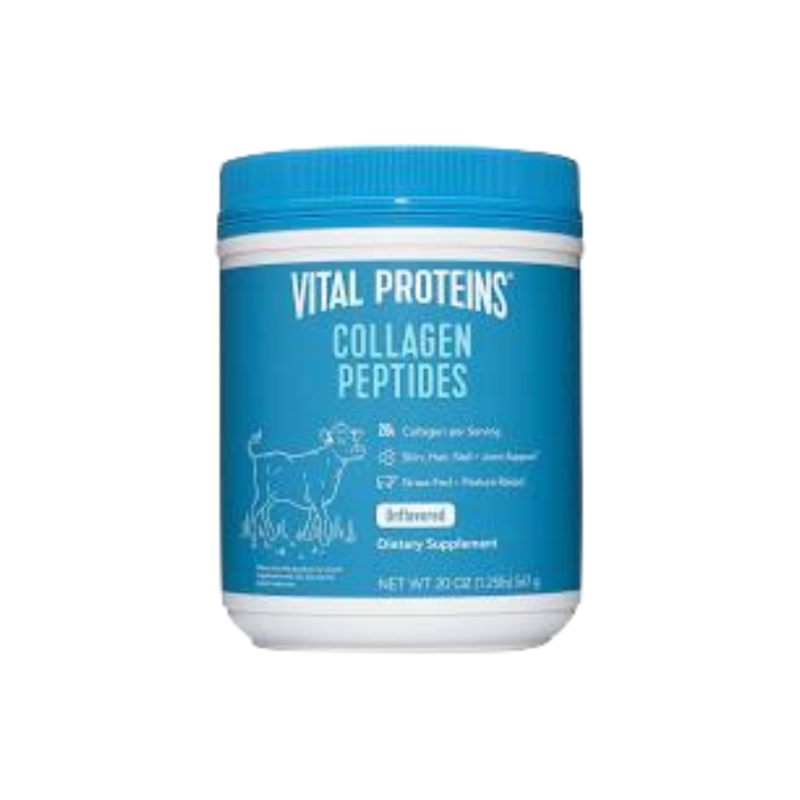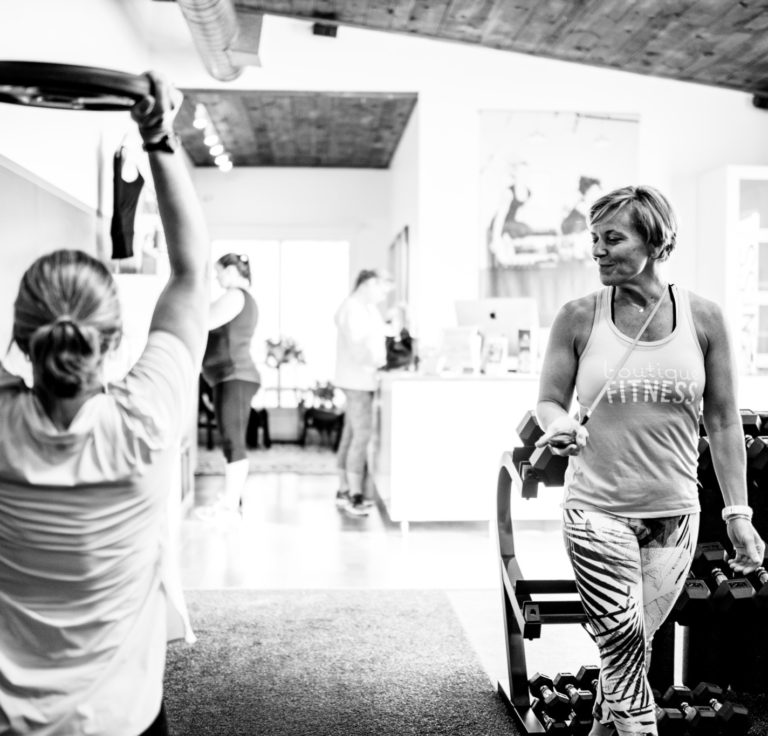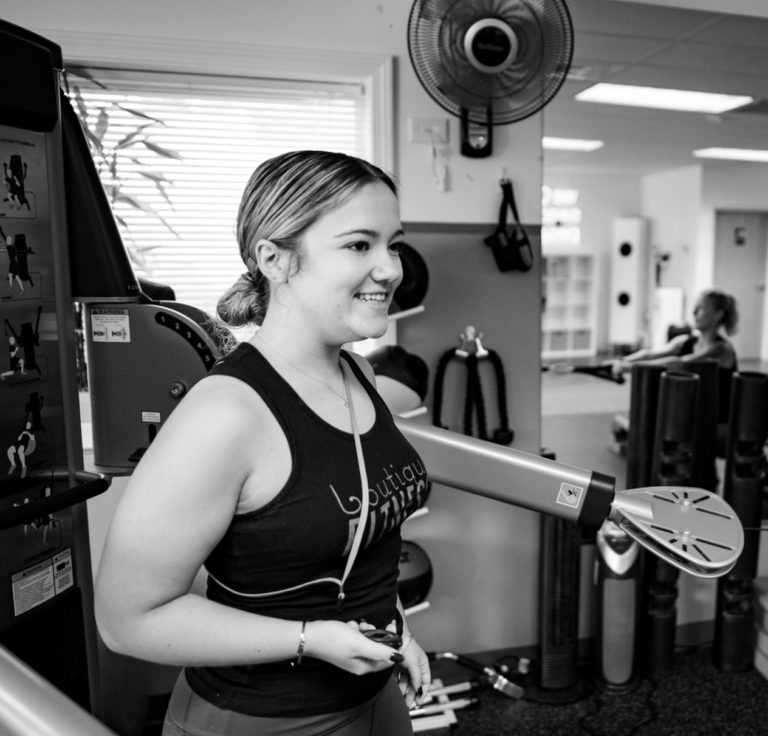
by Kristin Smola
Collagen is a structural protein. It contains amino acid building blocks for healthy skin, bones, joints and connective tissues. Your body naturally makes collagen protein, but production slows down as you age…starting in your 20s. Good news: You can get more collagen in your diet from foods and supplements. Better news: We sell collagen peptides at the studio. So, make sure to pick some up next time you’re in.
It seems as if everyone is talking about the benefits of collagen protein: healthy skin, flexible joints and strong bones. Yes, please! But what is collagen made of, and what is it used for?
What is collagen protein?
Think of collagen as the glue that holds your body together. The most abundant protein in the body, collagen makes up more than one-third of your total protein. It acts as a building block for healthy bones, teeth, muscles, skin, joints and connective tissues.
What is collagen made of, specifically? It’s rich in glycine, proline and hydroxyproline—the amino acids that help your body make new collagen.
What about collagen peptides?
You’ve probably encountered the terms “collagen peptides,” “hydrolyzed collagen,” “collagen hydrolysate” and “collagen powder.” These terms are different names for the same thing: collagen protein powder.
Specifically, the term “collagen peptides” refers to collagen that has undergone a process called hydrolysis. This process breaks down the amino acids in collagen into smaller molecules, making it easier for your body to absorb.
Benefits of collagen
Okay, now you know what collagen is—but what is collagen used for? The amino acids in this protein play a role in your entire body, from your skin and nails to your bones and joints. Keep reading to find out why people are adding collagen to their smoothies and coffee.
Supports hydrated skin and skin elasticity
Collagen makes up the bulk of your skin, but your body makes less collagen as you get older…starting in your 20s.The result? Sagging skin and fine lines. Studies show that taking collagen supplements can support plump skin and may reduce wrinkles.
Strengthens bones and joints
Collagen protein strengthens your joints, making them more resilient. Research shows that taking hydrolyzed collagen reduces joint pain after exercise and boosts the density of your cartilage, making joints more flexible.
How to get more collagen in your diet
So, you know what collagen does and why it matters. Next, make sure you’re getting enough of it in your diet. Here are a few ways to eat more collagen, from bone broth to collagen supplements.
Eat more collagen-rich foods
Good dietary sources of collagen include:
- Bone broth
- Pork, salmon and chicken skins
- Non-muscle meats like tendon, tripe, oxtail and knuckle
- Egg yolk and eggshell membranes
Unless you eat these foods regularly, you’re probably not getting enough collagen molecules in your diet—which means you’re missing out on those health benefits. That’s where collagen dietary supplements come in handy.
Take a collagen peptide supplement
Collagen supplements run the gamut from lotion and topical creams to oral collagen supplements. In my view the most reliable way to make sure you’re getting meaningful amounts of bioavailable collagen: collagen peptides. Just mix one or two scoops of collagen powder into your smoothie, soup, coffee or water.
Choose a powder that comes from grass-fed, pasture-raised, hormone-free cows, like the one from Vital Proteins (that we sell in the studio).
Take your vitamin C
You need vitamin C to support collagen synthesis, the process in which the human body makes collagen protein.
There’s an easy way to get more vitamin C in your diet to help produce collagen: Eat lightly cooked vegetables like brussels sprouts, spinach and broccoli, as well as fresh berries.
How do I pick the best collagen protein supplement?
You’ll find collagen protein powder in tons of different products, like powders and protein bars. But before you start chowing down on collagen beauty elixirs and collagen muffins, ask yourself these questions:
- Does the collagen come from pasture-raised animals? When you buy products made from grass-fed animals, you support happy cows that spent most of their lives in pasture.
- Does it have any fillers? Look at the label to make sure it doesn’t include any unnecessary additives. The ingredients list on unflavored collagen peptides should list hydrolyzed collagen powder—not artificial junk.
Collagen is one of those rare supplements that actually deserves its healthy aging title. So sip on some bone broth or mix collagen protein powder into your smoothie — it’s an easy upgrade to your daily routine.


